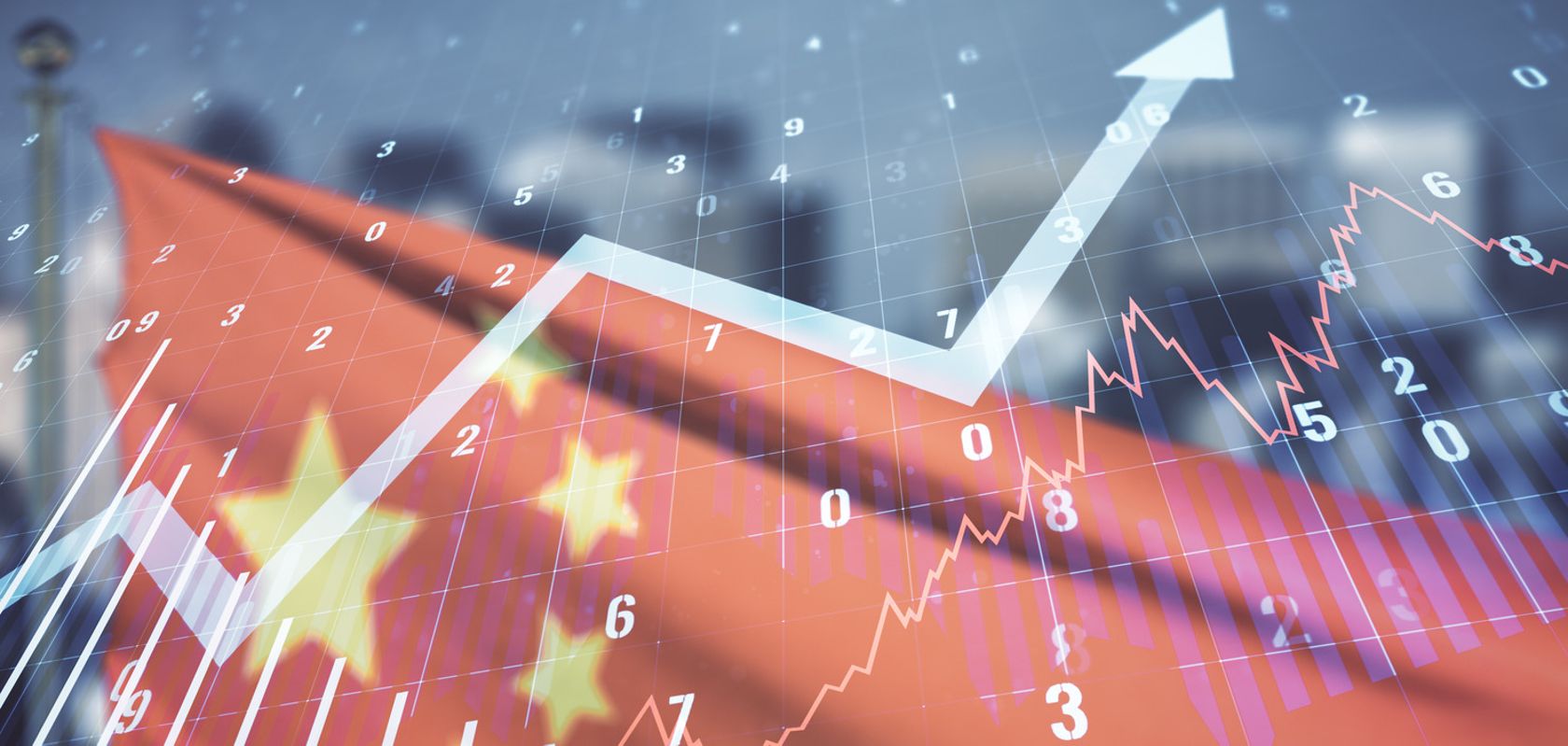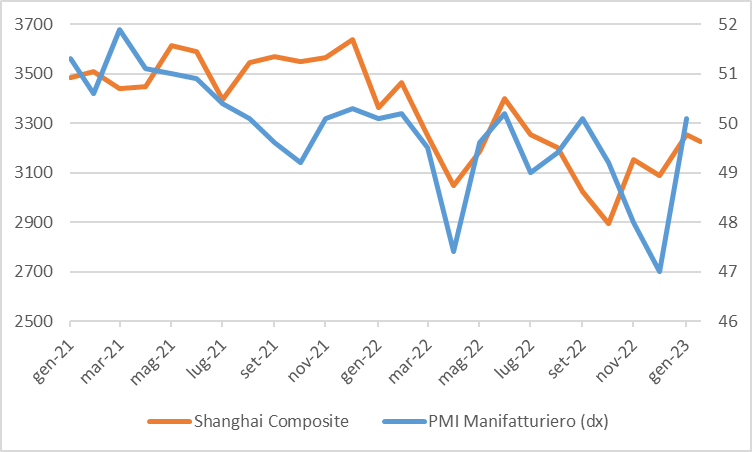 Generoso Perrotta, Head of Financial Advisory
Generoso Perrotta, Head of Financial Advisory
In China, the end of lockdowns is bringing more optimism about the economy's prospects during 2023 and, consequently, the stock market.

The latest positive data came from the International Monetary Fund, which recently published an update of its World Economic Outlook. In the chapter devoted to China, the IMF has revised upwards its growth forecasts for the country, which is abandoning the policies adopted in past years in the fight against Covid. For the Beijing government, the watchword for stopping the pandemic has always been 'zero contagion', with the choice of adopting extremely severe restrictions as soon as outbreaks of infection appeared in the cities. It has been a very costly strategy, in terms of lost economic growth, as the numbers show. In 2022, in fact, China's gross domestic product (GDP) grew by 3% year-on-year, one of the lowest rates in decades.
Now, however, the administration of Xi Jinping, now in his third term in October 2022, has decided to change course decisively. The harsh restrictions of the past years seem to be behind them and the Chinese are back to travelling and moving more freely. The direct consequence of this would be an acceleration of the People's Republic's economy, which is expected to grow by around 5.2% in 2023, according to the FMI. This is 8 tenths of a point higher (+0.8%) than the estimate published by the IMF in October 2022, in the autumn edition of the World Economic Outlook.
The National Bureau of Statistics of China also confirms this optimistic forecast: among many other activities, it publishes data on the manufacturing PMI (Purchasing Managers Index), an indicator that measures the intentions of purchasing managers in manufacturing companies and gives the pulse of the economy. In the latest January 2023 survey, China's manufacturing PMI stood at 50.1, a level higher than 47 in the previous month and also higher than analysts' estimates (49.8). For the first time since September 2022, the index gave the picture of an accelerating rather than a slowing Chinese economy. Adding to this data is the fact that China's central bank (PBOC) is pursuing a still expansionary monetary policy to stimulate the economy with low interest rates, unlike in Europe and the US, where the ECB and the Federal Reserve have been tightening monetary policy by raising the cost of money for some time.
Several international investors have been watching the Chinese stock markets with renewed interest for some time now. It is no coincidence that since the beginning of the year, the Shanghai list has already shown itself to be tonic, albeit moderately so, with the SSE Composite index up more than 5%. On the horizon of the last year (mid-February 2022 to date), however, the balance is still in the red, with a loss of over 6%). In contrast, Hong Kong's Hang Seng index gained 6% between January and mid-February but has lost 15% over the past year.
Given these performances, for several analysts, stocks listed on the Chinese stock exchanges do not seem at all expensive in the current phase. Of course, there are still some unknowns regarding the Beijing economy, primarily the fate of the real estate sector. In this sector, there are large groups such as Evergrande still overwhelmed by debt, which have been trying to restructure for some time. Some hopeful signs on this front came recently from the large real estate group Kasia, which announced its return to the Hong Kong stock market after completing an audit of its balance sheet. Kaisa's stock had in fact been suspended from the Hong Kong stock market for more than a year due to its difficulties in getting its accounts audited.

Fonte Interna
"In China, the end of lockdowns is bringing greater optimism about the economy's prospects during 2023 and, consequently, the stock market. The better-than-expected performance of industrial production and retail sales in December is, in fact, confirmation that the country's growth rate can benefit from pent-up demand over a long period of time. Optimism on Chinese equities also strengthened after the week-long Lunar New Year holiday, which did not, as feared by many, lead to a sharp increase in Covid cases. Positive, finally, was the change of direction by government authorities. President Xi Jinping, after having countered in recent years the overwhelming power wielded by some big business captains, particularly those in the tech sector who had spoken out against the government such as Jack Ma of Alibaba, recently declared that «the country will encourage and support the private sector without hesitation»".
 Generoso Perrotta, Head of Financial Advisory
Generoso Perrotta, Head of Financial Advisory
In China, the end of lockdowns is bringing more optimism about the economy's prospects during 2023 and, consequently, the stock market.